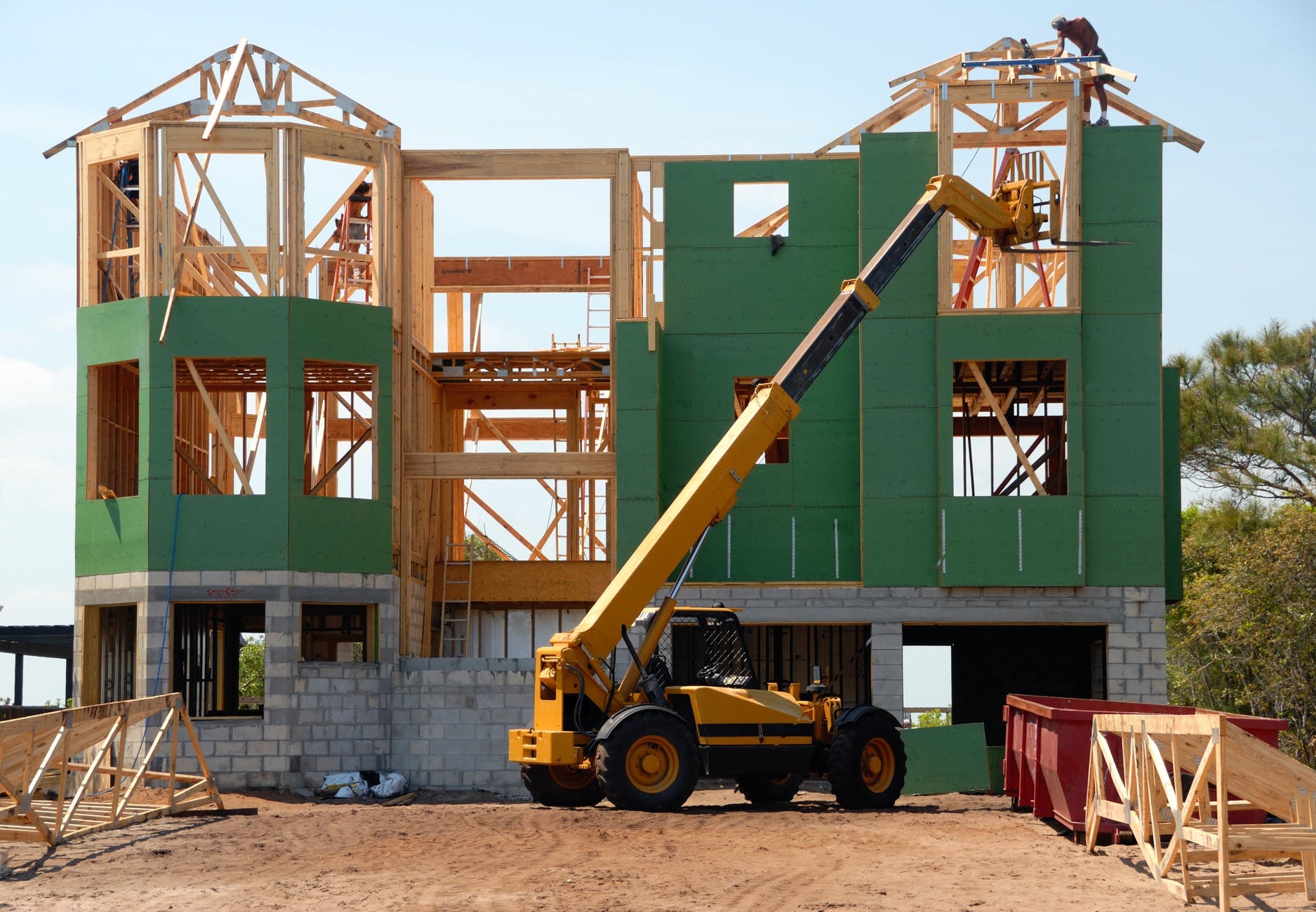Buying a house is an exciting adventure! When your home is the right fit for both your lifestyle and finances, it can be a dream come true.
However, it doesn’t always work out. Is there more repair work than you realized? Were you over-promised on what the house had to offer? Did you find your dream home, but it’s outside your means and depleting your income? If your home is more than you bargained for, it can lead to overspending and living outside your budget. If so, you may be “house poor.”
What does it mean to be house poor? How can you come out of it? If your dream home has become a trap, and you can no longer afford other goals or dreams, don’t live in regret; there are solutions.
Read on to learn what it means to be house poor, how to avoid it, and what steps to take if you find yourself in this situation.
Defining “House Poor”
What does it mean to be house poor? It means your household expenses are too high and prevent you from achieving other financial goals. If you are spending too much on your house and living paycheck-to-paycheck each month, you probably are house poor. This happens when monthly expenses associated with your house exceed your monthly income or leave you very little left over after paying these costs.
The costs of a house quickly add up. After paying your monthly mortgage, property tax, insurance, utilities, and maintenance, how much do you have left? Can you afford other goals or experiences, or is all of your income going into your home with nothing left over to enjoy? If it’s the latter, then chances are you are house poor.
Can you still be house poor if you have a sizable monthly income? In short, yes. If the majority of your income is dedicated to paying off and maintaining your house, then you are house poor, and it may be time to consider the best options to reduce the financial strain.
Avoiding Overspending on Your Home
Calculate the affordability of your home through budgeting. Take into consideration all the expenses of buying a home, as well as the cost of maintaining it. This not only includes the down payment, closing costs, and monthly mortgage payments, but additional costs of owning a home like property tax, HOA fees, maintenance, and repair. Be proactive and plan for these future household expenses by creating a post-purchase budget for your home.
When budgeting, make sure to consider your lifestyle and what you value and enjoy outside of owning a home. Otherwise, you may find yourself stretching your budget and not able to afford the hobbies or experiences you love.
How much should you budget to avoid becoming house poor? Though this will vary from person to person, financial experts recommend that you should consider spending no more than 28 percent of your monthly gross income on household expenses, which creates a cushion in your budget.
Also, take into account your debt-to-income ratio (DTI) when creating this budget. Your DTI compares your monthly expenses to your monthly income. In general, aim to keep your DTI around 36 percent or lower.
Overcoming House Poor
What if you are already house poor? Fortunately, there are solutions to coming out of being house poor and regaining financial freedom. Follow these tips:
Refinance Your House
Reduce financial stress by lowering your monthly mortgage payments. Refinancing your mortgage to a longer loan term can significantly lower your monthly mortgage payments. Once your home has built equity, you are less of a risk to a lender and can qualify for better rates.
Reduce Spending
Look for ways you can cut back on your spending. For a short time, you may need to limit any nonessential spending. Take care to only spend what is necessary on these essentials. Once your budget is back on track, you can lift restrictions on discretionary spending.
Raise Income
How can you increase your income? Can you ask for a raise at work or pick up some supplemental income through a side gig or passive income? What can you do that realistically fits within your schedule and will supplement your income? Brainstorm ideas and don’t be afraid to get creative.
Consider Downsizing
If your house is more than you can comfortably afford, it may be time to downsize. Reassess your finances and consider selling your house and using these funds to buy a smaller, more affordable place to live, such as in a condo, apartment, or smaller house.
Depending on your life stage, maybe you want to downsize permanently. Or maybe this is a temporary solution until you can afford something more.
Choose a Better Lender
Did you shop around for the best deal when you first opened your mortgage, or is there another lender with better rates? If so, refinancing with the right lender can save you money. Consider consolidating debt and refinancing with a credit union. Credit unions typically offer better rates and are known for excellent customer service and loyalty programs. Shop around for a lender with better rates, loan terms, and programs.
You can get moving with great rates at Solarity Credit Union. If you are looking to save time and money, their flexible loan terms can help you do just that. Whether you’re looking to shorten your term, lower your monthly payment, consolidate debt, or cash out equity, they make refinancing your home loan easy. Contact their expert team today to see if refinancing is right for you.
Now that you know the answer to “what does it mean to be house poor?” take these steps today. Avoid going house poor when purchasing a home with careful budgeting or come out of a house-poor situation with these strategies.
It’s not too late to find financial freedom again.



